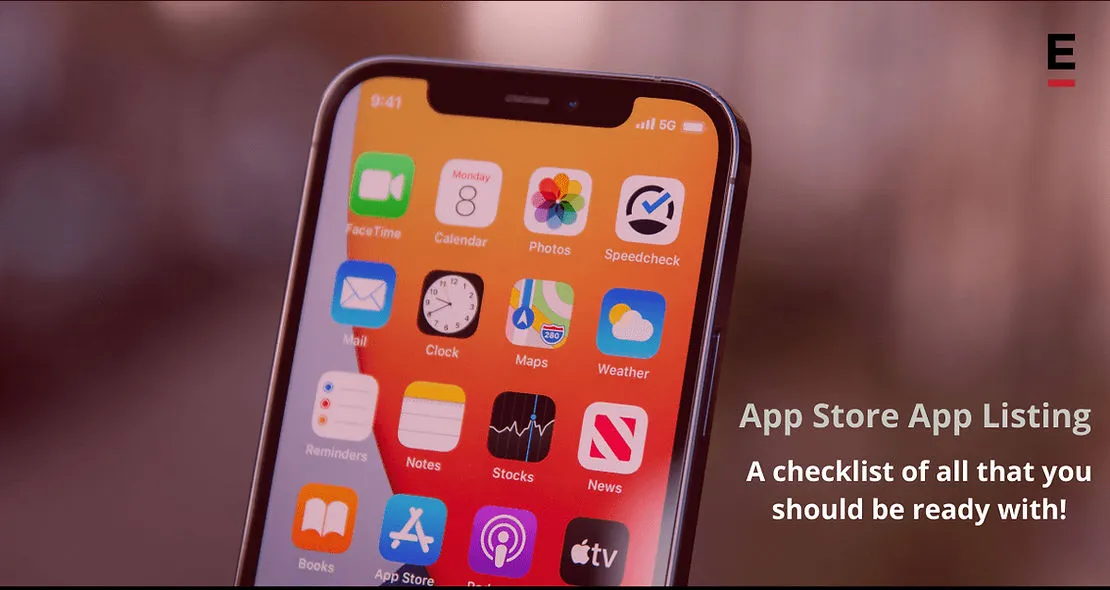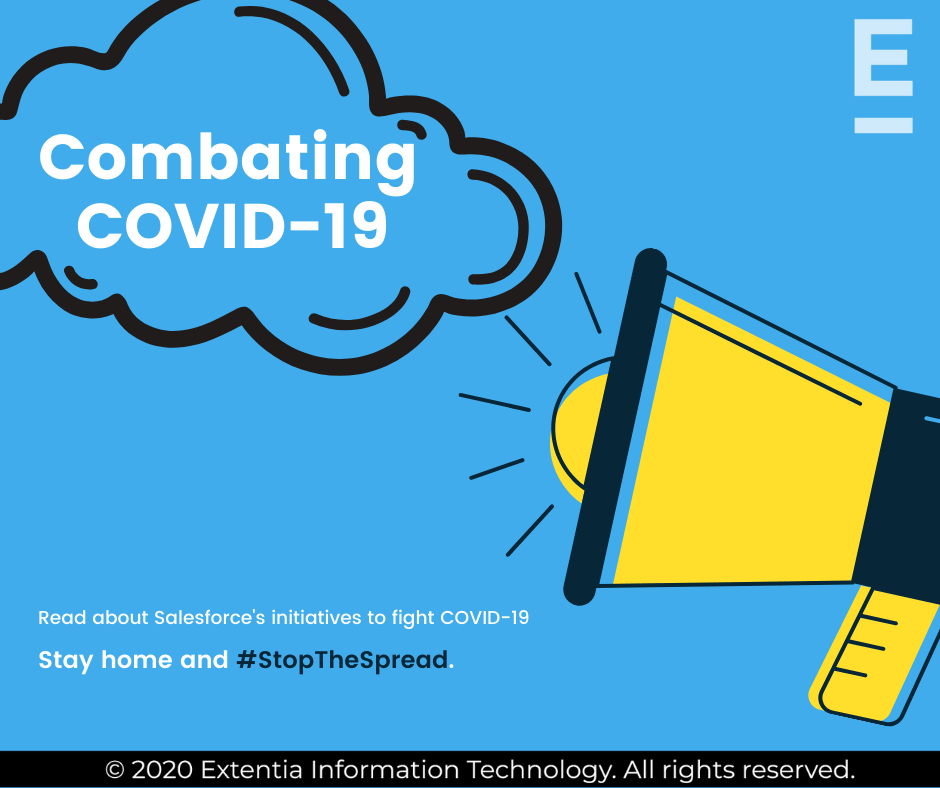Being a Technical architect over the years, I have received the opportunity to learn quite a few things and in this series of blog posts, I would like to share the knowledge with you all in a slightly lesser technical language, hoping it helps you in your iOS and App Store journey at some point!
What is App Store?
The App Store is Apple’s digital marketplace where you can discover, download, and update apps across a variety of categories.
With top-tier security and seamless integration, it offers a curated selection of mobile apps, ensuring a reliable and secure experience across all your Apple devices.
Apple Developer Program annual fee is 99 USD and the Apple Developer Enterprise Program annual fee is 299 USD, in local currency where available.
Earlier in this series of blog posts, I covered all that one should be ready with at the time of uploading an app on the Google Play Store. Here, I will share simple steps that you can follow for successfully uploading an app on the Apple App Store. Though there is official Apple documentation available regarding this, the information available is highly technical and sometimes hard to understand, especially if you are not familiar with the Apple App Store app upload process.
So, I’ve breakdown the relevant information into simple steps:
Required Properties
App Name
The name that you would like to show for your app on the App Store. The name must be a minimum of 2 characters and not more than 30 characters.
Description
Description of the application that details its features and functionality – has to be within 4000 characters.
Keywords
One or more keywords are separated by commas describing the app. Each keyword should be greater than 2 characters. The total length should not exceed 100 characters.
Category (Primary and Secondary)
Choose the best matching category that describes the app usage. For more information, see Choosing a Category.
Pricing
Pricing is available into multiple tiers:
- Tier 0: Free
- Tire 1: 0.99 $
- And so on…
In the case of Tier 1 pricing, Paid Applications agreement must be ready before app selling.
Look up Set a price for your app for more on this.
High-Resolution Icon
An image in PNG format of the app icon that is exactly 1024 x 1024 pixels.
Screenshots
Screenshots that clearly display how your app looks on a device. For more information, see Screenshot specifications.
Availability
After submitting, the app will immediately get released. However, a manual option is also available as below:
- Manually release this version
- Automatically release this version
- Automatically release this version after the review of the app, not earlier than ( you can set your local date and time here)
Support URL
A website to provide for users who have queries about the app.
Privacy Policy URL
A URL that links your company’s privacy policy.
Optional Properties
Subtitle
It will display under the app name on the App Store. This can’t be longer than 30 characters.
App Preview
This is a short video about the app. For more information, see App preview specifications.
Marketing URL
The website with more details about the app.
This is the App Store Listing excel sheet with all the details which you can easily share to get the info from the clients.
Thank you for reading, I hope this information comes in handy. I will be sharing more knowledge around similar topics, stay tuned!



